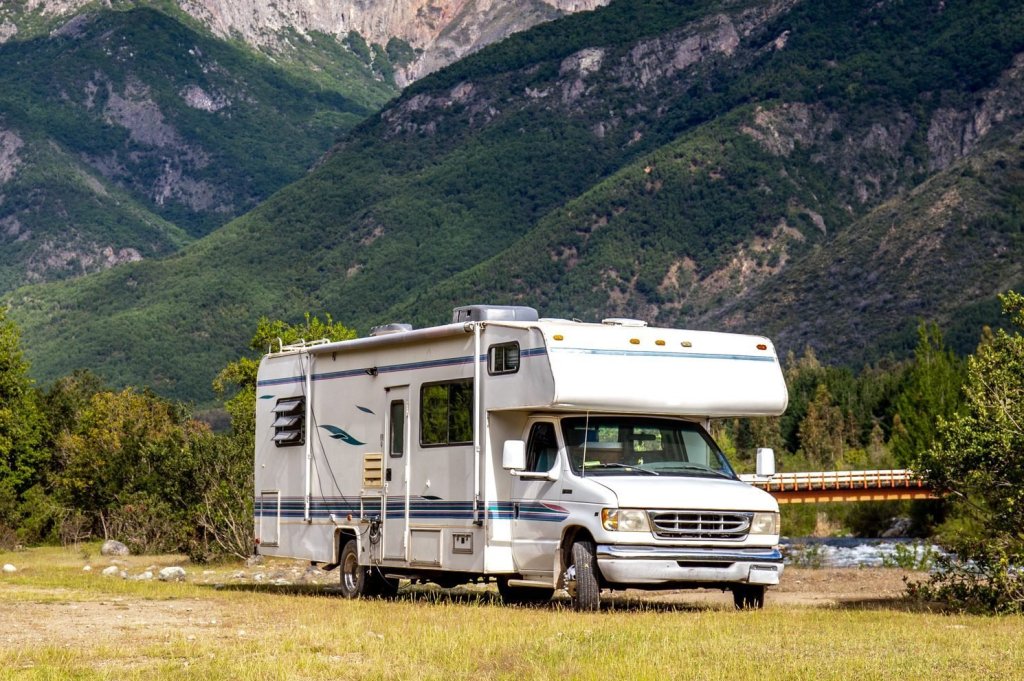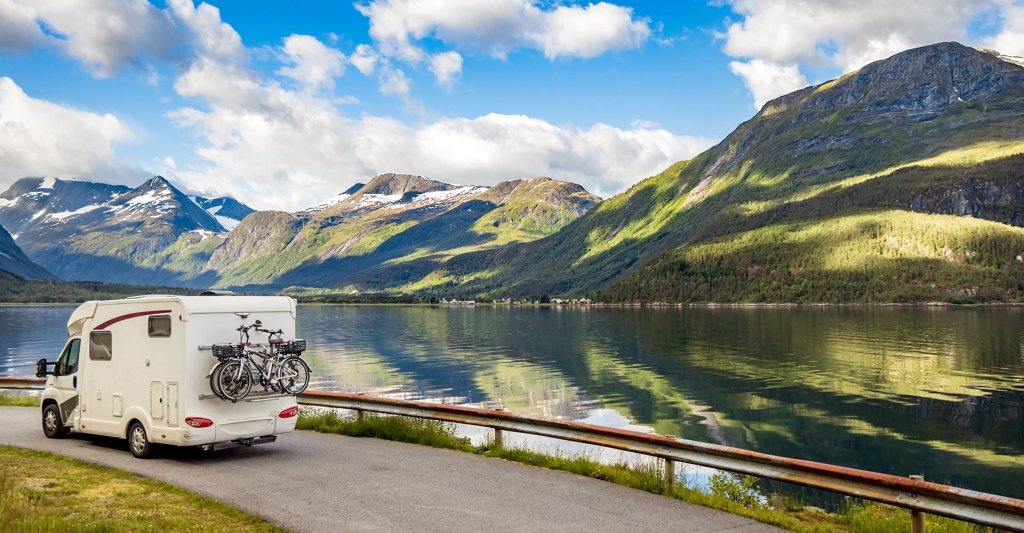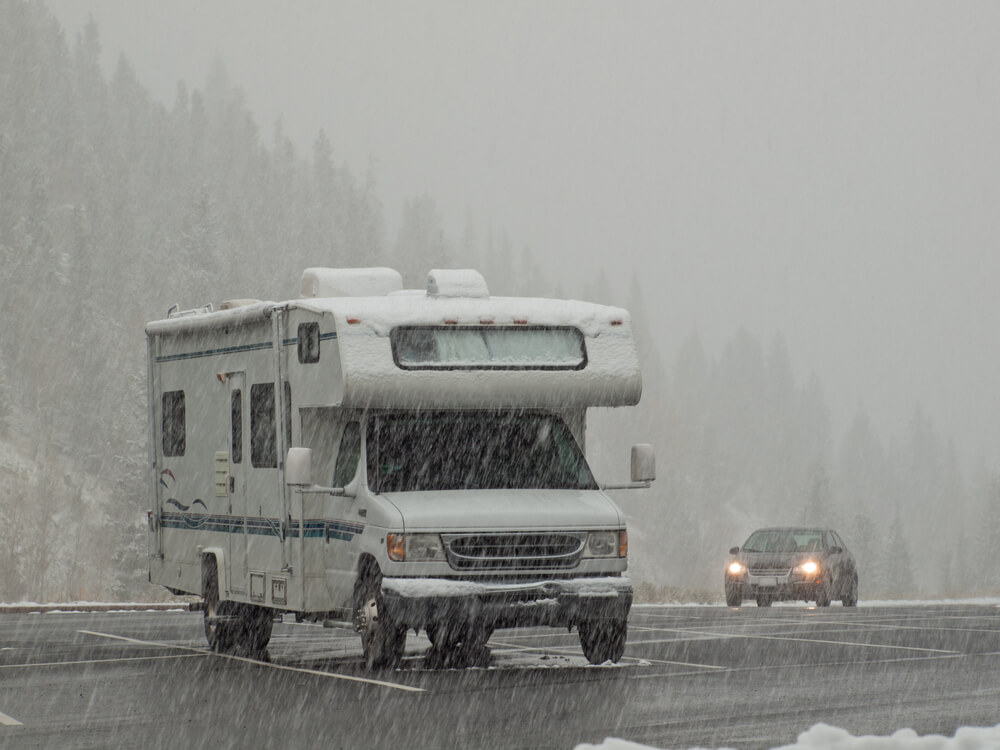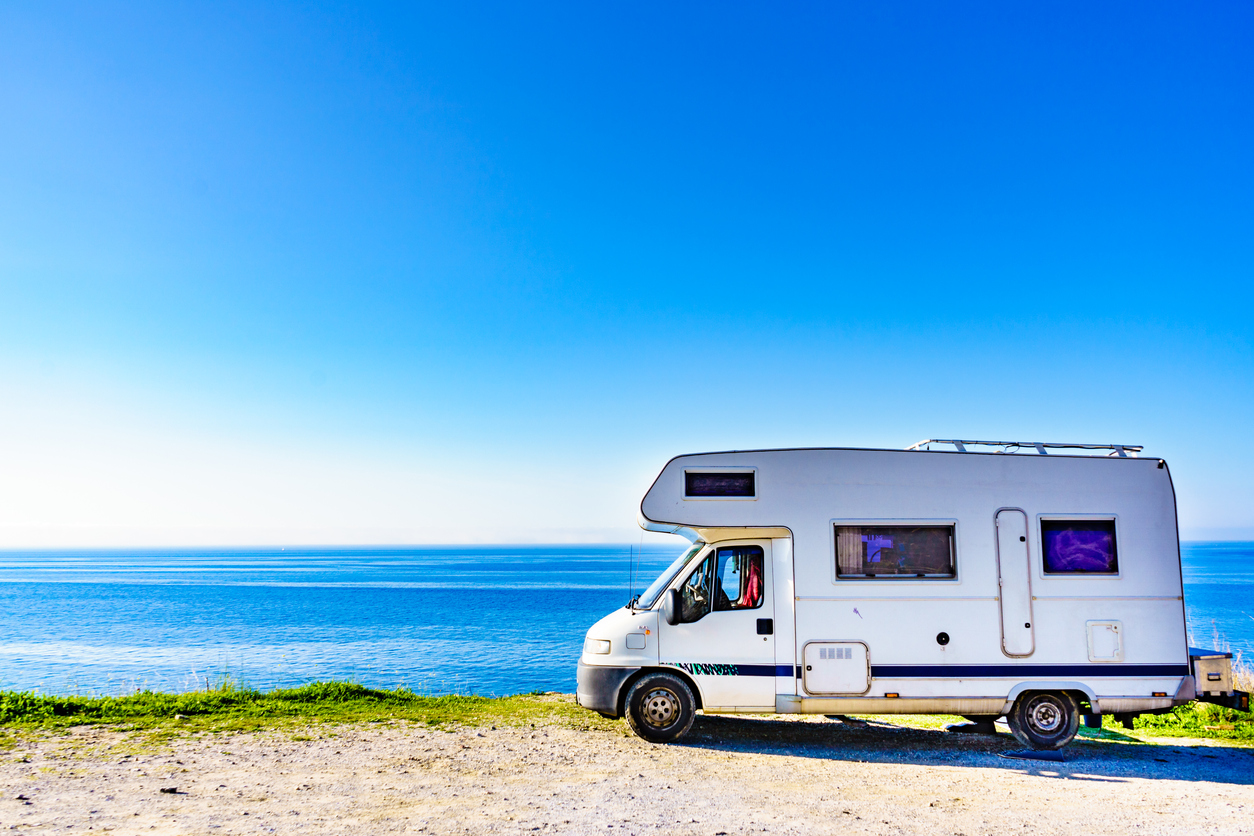Having a motorhome when you’re traveling can be a blessing because you can save up money while having a comfortable, personalized space to rest. Investing in RVs is great for people who are interested in traveling by road. Although they have advantages, they have some downsides as well. For instance, they have to be carefully protected through any cheap RV carport ideas.
This is so that they don’t get damaged by the harsh weather conditions. But this brings us to the question: With protection, how many years can an RV function optimally, and what is the average lifespan of an RV?
Read on to learn more about this!
What is an RV?

A Recreational Vehicle (RV), also called a motor home, camper van, etc., is a big van with space where you can feel at home when you travel as it has features of a kitchen, bedroom, living room, and bathroom. They are huge and can be suitable for a small family or individual. They are expensive, but they are a good investment if you want to travel, especially by road. You can store them carefully in an RV carport. Since you will be spending a huge amount of money, you need to know the average lifespan of an RV.
What is the Average Lifespan of An RV?

There is no direct answer because the lifespan depends on several factors like frequency of usage, first-hand or second-hand purchase, type of RV bought, method of protection, quality of the vehicle itself, the terrains traveled to, etc. However, on average, it can be said that RVs have a lifespan of 10 to 25 years or 100,000 to 250,000 miles.
Type A RV, which is one of the biggest motor homes out there, can last up to 20 years or 200,000 miles with adequate care and effort. Type B is a bit smaller than type A and can also last around the same time frame, but since they are smaller and can be used by fewer people, they can be taken better care of. You would also not need a large space to park the vehicles, and you can even afford a fully covered RV carport.
Type C RVs are unique because they are bigger than B but smaller than A. They are compact and are truck-sized. They can be comfortably cared for and will also last for around the same time as Type B.
Factors Affecting the Lifespan of An RV

1. Number of Miles Traveled
If you travel occasionally, then your RV will not have any usage-related issues for years on end, and therefore, the lifespan will easily increase to even 30 years. However, if you travel often, then there will inevitably be wear and tear, and the lifespan will decrease proportionally to the miles traveled. If you are buying an RV second-hand, don’t forget about this factor.
2. Type of Purchase
If you have bought a second-hand vehicle because you won’t need to use it often, then you need to subtract the number of years it has been used and the miles it has covered. You need to inquire about the terrains the vehicle was driven on as well. Only then can you try to estimate the average lifespan accurately.
3. Terrain Driven On
If you drive on main roads and don’t travel much on smaller, undeveloped, and bumpy roads, the lifespan will increase accordingly. Another factor is the type of locations you travel to. For instance, if you travel often to beaches, the moisture and salt will affect your vehicle and cause it to rust more rapidly. If you constantly travel/ to extremely hot regions, then you might have issues with the painting and interiors. Therefore, this is an important factor to consider.
4. How Many People Use It
A single person using an RV versus a family using it will have tremendous differences. If several people use it, you will use more features often, and you might have more wear and tear due to constant usage. You might need to spend on occasional fixes of plumbing, electricals, brakes, etc.
Therefore, if you are buying it for family purposes, then the lifespan will reduce, and replacing it after around 15 years would be a better choice.
5. Storage and Maintenance
If you are using only a cover, your RV will not be completely protected from different types of weather and dust. But if you choose a carport with a roof, then your RV will be safer and last longer. You need to spend money on regular fixes, as leaving it unfixed for a longer time can lead to more damage, especially if the issue concerns plumbing, sewage, or electrical.
In summary
RVs are great choices for traveling long distances by road. You can travel in peace, stop, and rest where you want while saving money as well. Some factors can affect the lifespan of an RV. Buying a new vehicle vs. secondhand, being used by a family vs. individuals, driving on smooth vs. rough terrains, type of maintenance, and the total number of miles traveled have a huge impact on the average lifespan.
Therefore, focusing on improving these will ultimately increase the lifespan of your vehicle, giving you a good run (literally) for your money.

